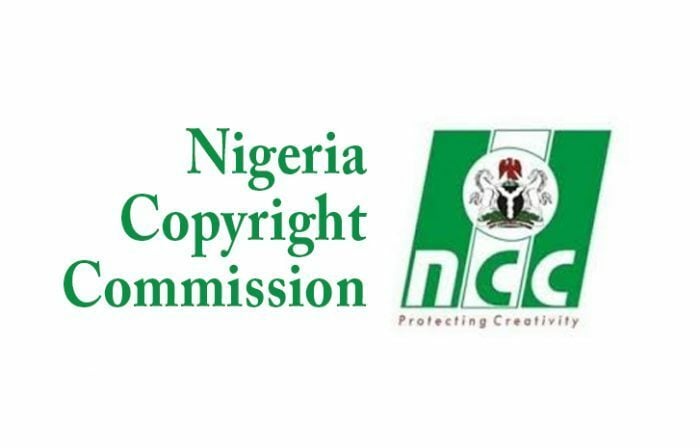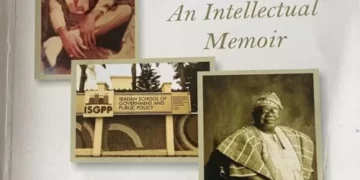Experts have highlighted the harmonisation of copyright laws, innovation, and infrastructure development, among other things, as key to strengthening Africa’s creative economies.
The experts – executive director of Copy Ghana, Joseph B. Gyamfi; founder and CEO, Bliss Executives, The Gambia, David Jeng and the director of Nigeria Copyright Commission (NCC), Lagos and intellectual property consultant, Lynda Aphaeus, spoke at the ‘Advancing Inclusive Copyright Regime for Africa’s Benefit’ webinar to commemorate the Africa Copyright and Collective Management (ACCM) Day.
While acknowledging the progress made by individual African countries to strengthen their intellectual property and copyright laws for the benefit of their citizens, they agreed that the differences in African copyright laws and terms, inadequate infrastructure and lack of political will hinder Africa’s maximisation of the benefits of IP policies for the growth of the continent’s economies.
Beyond the issue of low internet access by many Africans in remote and suburban areas, Jeng believes that infrastructural challenges, such as inadequate electricity supply, pose an even greater problem.
“Only 38 per cent of Africans have access to the internet, but more critical than this is electricity, which only 46 per cent of Africans have access to. And if you don’t have access to electricity, you don’t have access to the internet. We need to address the root causes of these infrastructural challenges.
“Young Africans must also ensure that we are right in the centre of the global discussion on IP, updating IP and copyright policies and are involved in innovating the solutions that best address Africa’s problems,” Jeng said.
He urged African governments to join international organisations like the African Regional Intellectual Property Organisation (ARIPO) that can help Africans benefit from IP rights and develop the political will to adapt and enforce them locally.
Emphasising the importance of harmonising African copyright and copyright management organisations (CMOs’) best practices, Alphaeus said it makes for easier collaboration across regions and the continent, which enhances Africa’s bargaining impact on IP issues, and helps curb piracy.
“We should have a standardised policy regarding copyright protection terms. We must have uniform requirements when it comes to copyright exceptions and cooperation. We also need to look at harmonising CMOs’ best practices across the continent and cooperation in enforcement mechanisms,” he said.
Alphaeus also suggested African countries leverage existing frameworks and initiatives, such as ARIPO, the World Intellectual Property Organisation (WIPO) engagement of African countries on IP development, and the AU Agenda 2063, which emphasises cultural and economic integration, to keep IP rights and copyright terms updated and concurrent with present digital rights realities.
On his part, Gyamfi elaborated on the importance of CMOs in Africa, particularly in making data easily accessible by negotiating with creators as a group, as opposed to doing so with them individually. CMOs also help secure the consent of creators, making the distribution of royalties to creators easier, while ensuring, via exclusive rights and limitations, that certain institutions like education, libraries, religious bodies, cultural institutions and public administration have access to a certain percentage of copyrighted works.
However, collective management societies in Africa are underfunded and excessively regulated by the government. They do not function at optimal capacity in terms of data collation and payment of copyright royalties to creatives.
“In Uganda, creatives make their profits only through events. Enforcement is key, but can be a challenge in some societies. If we can connect CMOs with tax collection channels, adopt technology in the collation and payment of copyright fees and royalties, this will boost transparency,” Jeng asserted.
The ACCM webinar is a precursor to the 6th edition of the Africa IP Summit scheduled to hold in Dakar, Senegal, on November 12 and 14, 2025.





